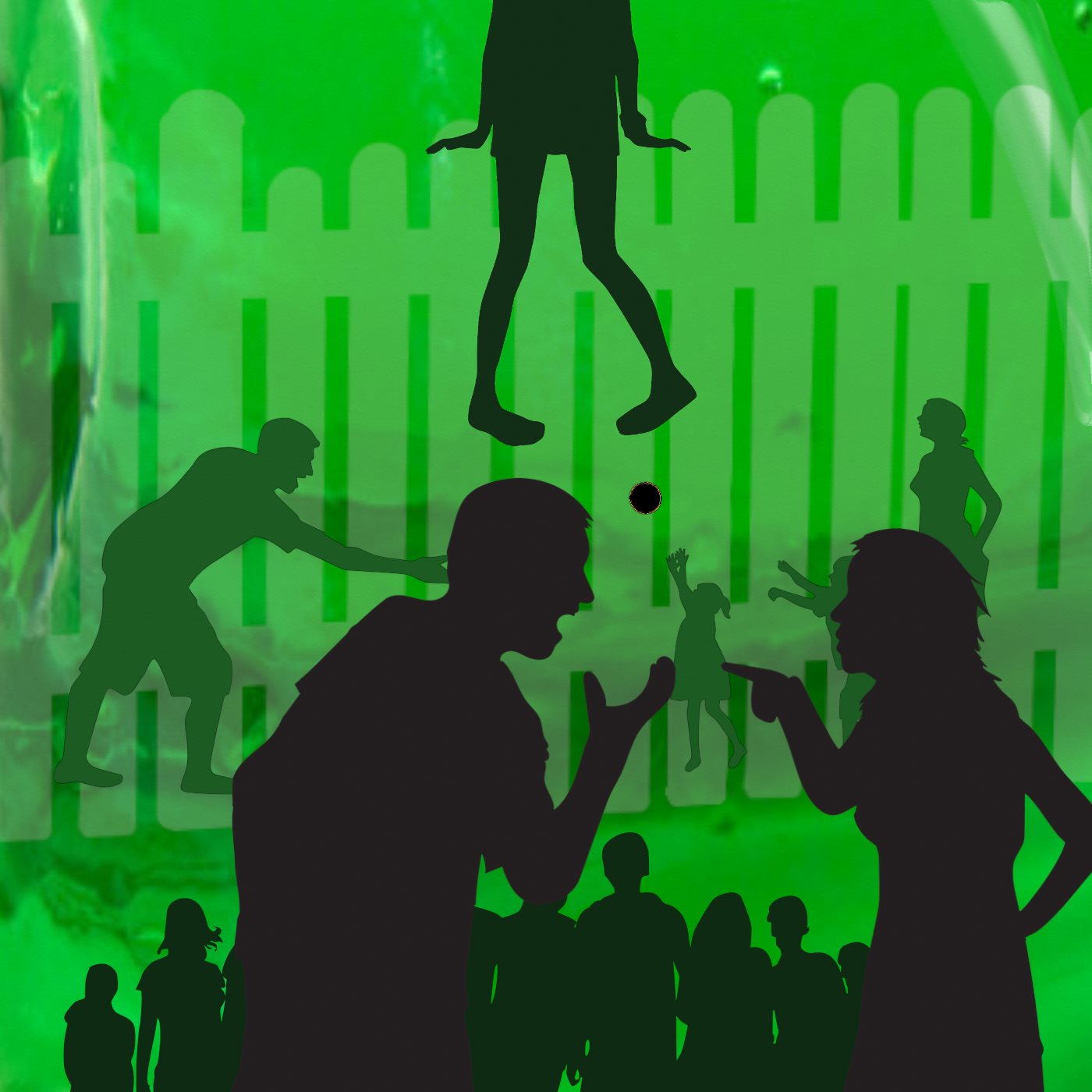Nov 25 2022 33 mins
Summary:
“You’re free to do anything you want! But this man, of all people—you’ll never be happy with him.” Or: “Of course, if you don’t have time, you don’t have to come to the birthday dinner. But Uncle Henry will be very sad if you don’t. He was asking about you.” Or: “Yeah, yeah, I got it, independence is very important. But your own apartment, what’s the point? You can live with us, it’s much cheaper—and we’ll leave you alone.”
Sentences like this are likely to be familiar in every family. In some families, however, there is a system to this way of communicating. In this episode, we look at the so-called “family behind the rubber fence.” Generally unremarkable from the outside, while highly prone to conflict on the inside, the force binding these kinds of families together is nearly inescapable. In contrast to the “clan-family,” in which deviation is openly disapproved of and attacked, communications within the pseudo-community convey a subtle message of dependency, an intangible ban on separating and individuating oneself from the family: beyond the family, lies the threat of catastrophe. A violent clash ensues if any family member risks breaking away from the family, sometimes even lead-ing to illness.
The next episode will be released around 12/15-22
Support us on Patreon and get the scripts to the episodes: www.patreon.com/lives
Visit our website: www.psy-cast.org or our youtube-channel: https://www.youtube.com/c/LivesoftheUnconscious
Join our newsletter: Write a mail with the subject "Newsletter registration" to Lives@psy-cast.org
Literature Recommendations
- Bateson, G., Jackson, D.D., Haley, J., Weakland, J.W (1956). Toward a Theory of Schizophrenia. Behavioral Science, 1 (4), 251—254.
- Flaskas, C. (2005). Psychoanalytic Ideas and Systemic Family Therapy: Revisit-ing the Question ‘Why Bother?’. Australian and New Zealand Journal of Family Therapy, 26 (3), 125–134.
- Minuchin, S. (1974). Families and family therapy. Cambridge, MA: Harvard University Press.
- Stevan, D. (2018). The Rubber Fence. Island Publishing House.
- Wirick D.M., Teufel-Prida L.A. (2019). Closed Systems in Family Systems Theory. In: Lebow J., Chambers A., Breunlin D. (Hg.), Encyclopedia of Couple and Family Therapy. Springer: Cham.
- Wynne, L. C., Ryckoff, J. M., Day, J. & Hirsch, S. (1967). Pseudo-Mutuality in The Family Relations of Schizophrenia. In Handel, G. (ed), The Psy-chological Interior of the Family. Chicago: Aldine.
